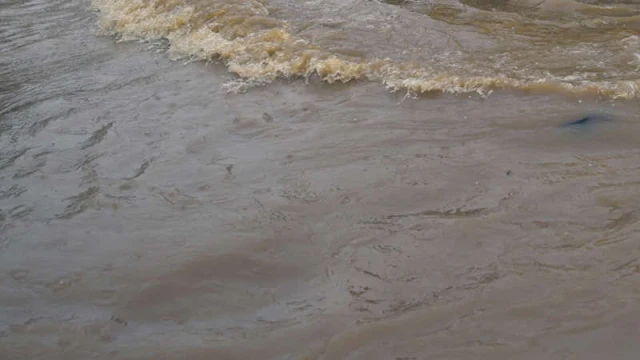Authorities said on Monday that severe floods in Niger following months of torrential rain had killed 159 people, making this one of the deadliest rainy seasons in history for a generally dry state.
The yearly rainy season normally lasts from June through August or September in the landlocked Sahel state.
However, recent increases in rainfall have increased the possibility of disastrous floods in shantytowns.
According to official statistics provided to AFP, 38 people have drowned and 121 people have perished as a result of house collapses so far this year.
Strong rains have damaged or destroyed tens of thousands of homes, along with schools, hospitals, granaries, and livestock herds.
The statistics showed that 225,539 people were impacted and nearly 200 more were hurt.
The current death toll is higher than the previous estimate of 103 by early September.
The weather service has issued a warning that there will be significant rain through the end of the month.
Combined with localised droughts and jihadist insurgencies, the floods have severely harmed harvests.
A fifth of the population, or more than 4.4 million people, are said to be experiencing "severe" food insecurity in Niger, according to health monitors.



